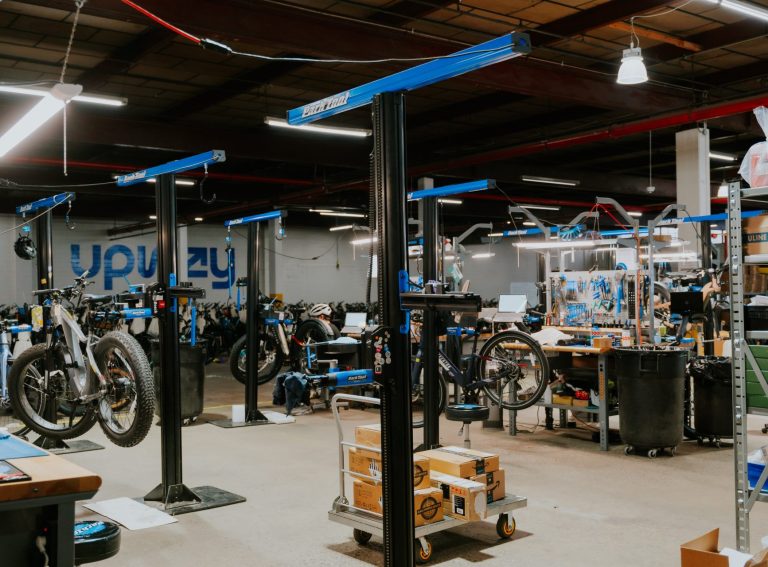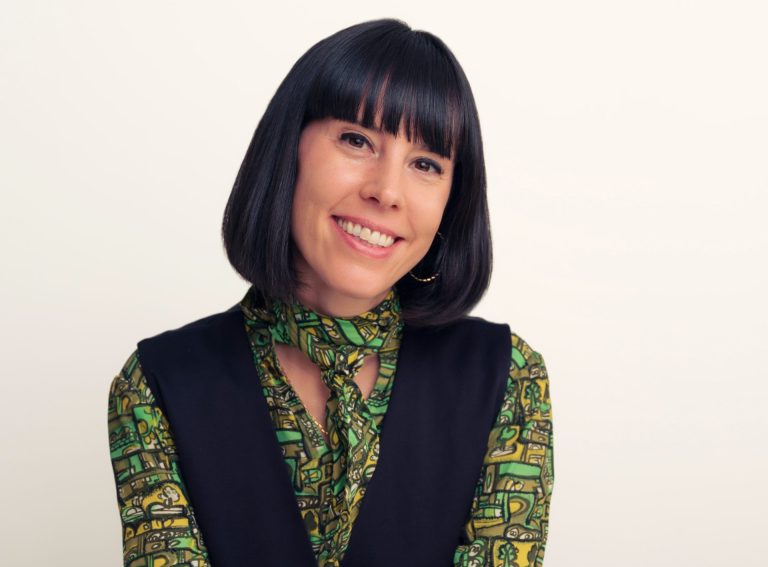Global micromobility software platform Urban Sharing has taken centre stage at Autonomy Mobility World Expo today in Paris to launch a new MaaS Application Programming Interface (API) for cities worldwide.
The API is designed to provide a quick and pain-free way to connect mobility operators with partners, improve customer experience and encourage multi-modal travel uptake.
Autonomy is one of the world’s largest gatherings of sustainable urban mobility stakeholders, hosting more than 400 speakers and 7,000 attendees every year.
The City of Oslo pilot
Funded by the European Commission, the MOVE21 project tests 15 unique initiatives to achieve a 30% reduction of transport-related emissions in participating cities by 2030.
One of those initiatives is Urban Sharing’s Mobility as a Service (MaaS) API tested with Oslo’s public transport authority Ruter.
The pilot, which started last October, enables customers to hire a bike from Oslo Bysykkel – the city’s bike share scheme – on the same platform they use to book public transport: the official Ruter app.
Next month, the pilot goes live.
“Ruter is continuously expanding the scope of public transport with new modes of transportation,” Ruter’s Head of Micromobility Pia-Suzann Skulevold tells Zag Daily.
“Our vision is to simplify peoples’ lives by providing them seamless mobility for every need and occasion, with the ultimate aim of making private car ownership a thing of the past.”

With more than 7,500 users opted into the bike share since the launch, the pilot is steering the Norwegian capital to achieve that mission. Imagine the possibilities of this figure when Olso isn’t experiencing temperatures of -15 degrees Celsius, as it was in December when the pilot launched in the off season.
No ordinary API could be behind thousands of opt-ins to the city bike share system when the weather permits so few to cycle.
So how did Urban Sharing do it?
The API
“We’ve created this game-changing API for cities to easily integrate micromobility using MaaS platforms,” Urban Sharing’s Chief Revenue Officer Tom Nutley tells Zag.
In doing this, Urban Sharing has designed an API that excludes Personally Identifiable Information (PII). This means that operators don’t need to comply with the more complex Transport Operator, MaaS Provider (TOMP) standards when integrating it into their systems.
It also means that partners do not need PII to utilise General Bikeshare Feed Specification (GBFS) to understand the system state, such as vehicle and station availability. The PTA or MaaS provider shares a unique ID with the micromobility operator instead of PII to enable the transaction and maintain GDPR compliance.
The integration further ensures that customer service comes directly from the operator, rather than from the public transport authority. For example, a Ruter user of Oslo Bysykkel that experiences a problem will be automatically connected with the mobility operator via the Ruter app.
Why it matters
“We always developed the API on the thought-process that other cities will need to use it,” Tom says.
And the time has come when they will.
The API that has proven so successful in Oslo is now publicly available for the world to use. Cities that want to benefit from the API’s USPs can now implement it into their existing tenders, or make it a requirement for future tenders.
One such example is Munich that will integrate the API into its existing bike sharing system. It will also use the API to facilitate the integration of a new service provider. This means that the tender winners announced this year will be required to use the specification with the PTA applications.
“We’ve created a specification and we want people to use it,” Tom says.
“To spread bike share and advocate for the wider mobility landscape, we’ve developed this API to make it easier to integrate micromobility within MaaS applications.”





